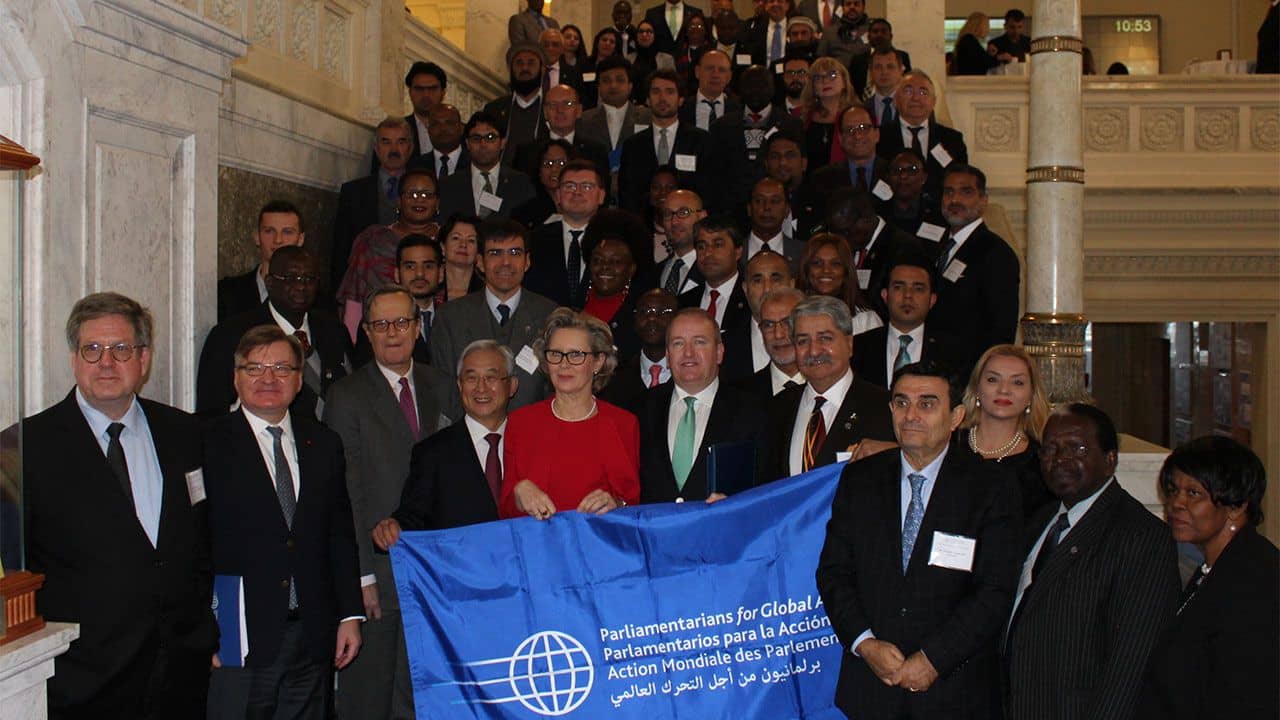Zimbabwe signed the Rome Statute on 17 July, 1998 but has not ratified it yet.
Kampala Amendments of 2010
Zimbabwe did not ratify the Kampala Amendments.
Agreement on Privileges and Immunities of the Court (APIC)
Zimbabwe has not signed the APIC.
PGA involvement
PGA Members, led by the Legal Secretary of the Movement for Democratic Change (MDC – opposition) Mr. David Coltart, MP, undertook great advocacy efforts to promote ICC Ratification and Implementation also as a strategy to prevent the escalation of armed violence against civilian targets at different stages of Zimbabwe’s recent history.
Additional Relevant Information
The last Universal Periodic Review (UPR) was held in October 2011 and Zimbabwe received recommendations related to the Rome Statute by France and Poland. Next UPR will take place in October 2016.








